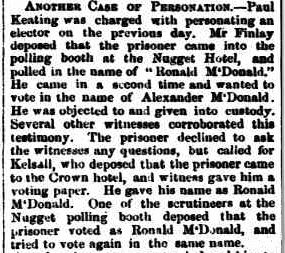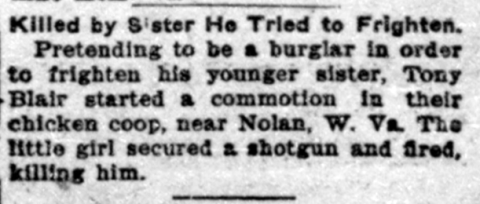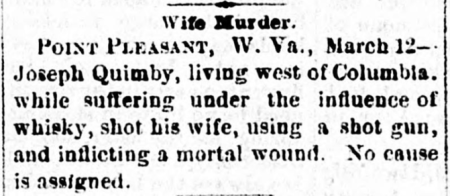John F. Kennedy (c.1870-1922) was an American outlaw of the late 19th century. Like his famous presidential namesake, Kennedy was known to his friends as Jack. He started adulthood as a locomotive engineer but soon decided a much grander fortune could be made by robbing the railways rather than working on them.
With a gang of accomplices, Kennedy carried out a string of train robberies in the 1890s, robbing at least seven mail or goods trains. His experience as an engineer gave Kennedy considerable inside knowledge. He also carried out each robbery with his face covered.
Despite this, the identity of the ‘Quail Hunter’, as the serial bandit became known, was an open secret. Lawmen were well aware of Kennedy’s identity and did their utmost to put him behind bars, to no avail. He was sent to trial three times between 1896 and 1898 but escaped conviction each time, thanks to tricky lawyers, false alibis and bribed jury members.
In 1899, Kennedy and Jesse E. James (son of the infamous Jesse James) were charged with a botched hold up near Leeds, Missouri. Their trial generated a wave of press attention but public sympathy was with James, so both men were acquitted.
An interesting side story concerns a claim on the $500 reward for Kennedy’s arrest, made by:
“Tom Hanks, the barber, who was shaving the ‘Quail Hunter’ when Officer James O’Malley took him into custody… Hanks claimed that when Kennedy learned of the reward for his arrest, he surrendered himself [to Hanks] and that it was Hanks’ intention to take his prisoner to the county jail as soon as he had finished his tonsorial work.”
Kennedy himself supported Hanks’ claim, though probably only to deprive the arresting officer of the $500. After his acquittal in the James trial Kennedy was arrested for a yet another robbery. This time the evidence stuck and Kennedy found himself serving a 17-year stretch in prison.
The ‘Quail Hunter’ carried out his last robbery near Wittenberg, Missouri in 1922. After holding up a mail train, Kennedy and his accomplice attempted to make their getaway but were ambushed by several deputies. A gunfight ensued and both men were shot dead.
Source: The Kansas City Journal, January 14th 1899. Content on this page is © Alpha History 2019-23. Content may not be republished without our express permission. For more information please refer to our Terms of Use or contact Alpha History.




